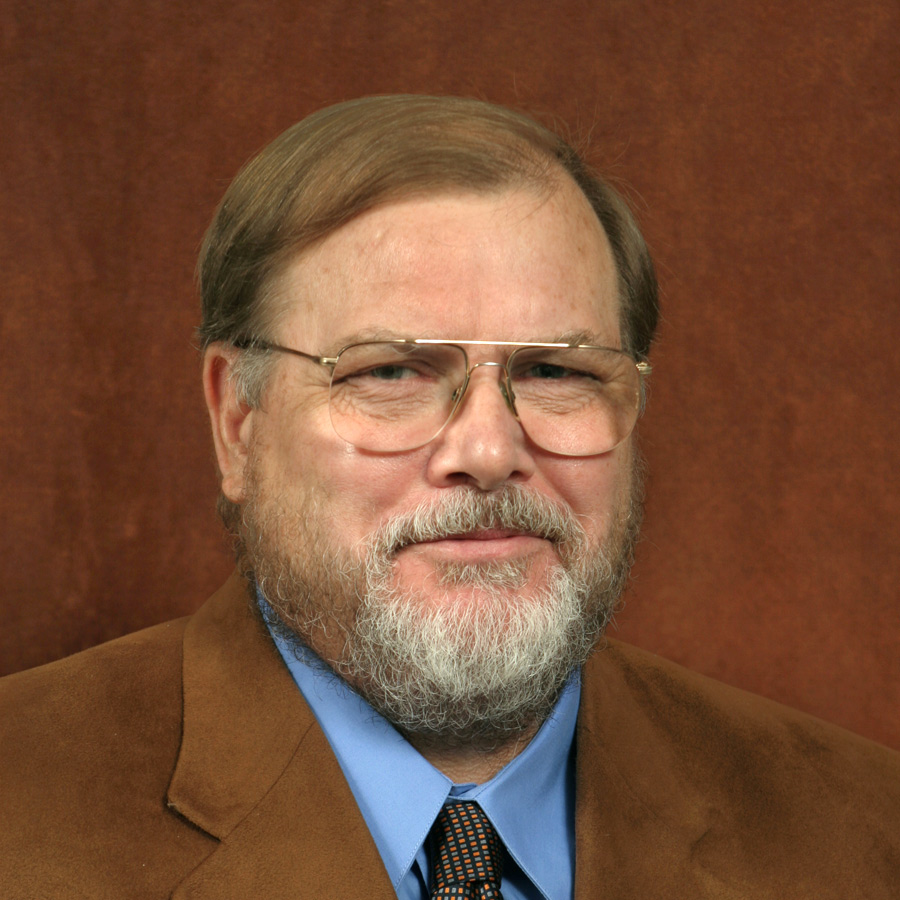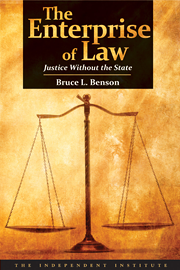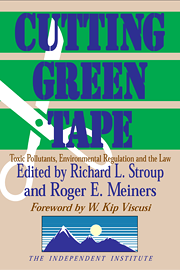Many political commentators lament the growing apathy among the voting-age population, but I do not believe apathy keeps many potential voters away from the polls. Many of us care a lot about what politicians are doing; we just don’t trust any of them.
Richard Nixon, Lyndon Johnson, Bill Clinton, and hundreds of others like them elected to federal, state, and local offices have destroyed the credibility of politicians in general. And this political disease is contagious. I regret to say that it has spread to my profession. So many economists have been pulled into the political process as government employees or paid consultants to provide “expert” opinions on virtually every side of every political debate that economics has lost much of its credibility. In fact, there are almost as many economist jokes as lawyer jokes (check out http://netec.wustl.edu/JokEc.html).
Economics is, of course, a social science (or in some circles, a “soft science”), so our laboratory is the complex real world and it is relatively easy to find selective evidence in support of any political position. The physical sciences (or “hard sciences”) are not immune from the political disease either, however. The policy process at the Environmental Protection Agency has made this abundantly clear. For instance, last year while invalidating part of a 1993 EPA report on secondhand tobacco smoke, a federal judge concluded that the “EPA publicly committed to a conclusion before research had begun, . . . adjusted scientific procedure and scientific norms to validate the Agency’s public conclusion, and aggressively utilized authority to disseminate findings to establish a de facto regulatory scheme . . . and to influence public opinion.” In particular,
- A policy document, which presumably would be written after the scientific analysis was carried out and reviewed by other experts, was written before the analysis was completed.
- To provide scientific support for the EPA’s predetermined conclusions, its scientists had to “cherry pick its data.” The report contained a selective review of scientific literature that ignored both many relevant studies and criticisms of many that are cited. It also contained a statistical re-analysis of 11 U.S. studies, none of which provided support for the desired conclusions at standard levels of statistical confidence. By re-analyzing those studies together (using “meta-analysis”) and abandoning the commonly accepted standard for statistical confidence (effectively doubling the chances of being wrong), the EPA was able to support the predetermined conclusion that evidence of a “substantial public health impact” exists.
- The validity of the re-analysis cannot be assessed because the EPA report does not provide sufficient information about the studies and process, leading the judge to conclude that “The court is faced with the ugly possibility that EPA adopted a methodology for each chapter, without explanation, based on the outcome sought in the chapter.” Furthermore, if the two most recent U.S. studies that were then available (one funded by the National Cancer Institute and one by the World Health Organization) had been included in the re-analysis, the results apparently would not have been statistically significant even at the lower level of confidence.
I could go on, but the point is that the EPA, supposedly an agency whose policies are based on valid scientific evidence, is willing to manipulate that evidence in pursuit of a political agenda. Indeed, despite this judicial decision and numerous studies contradicting the EPA’s position, Administrator Carol Browner described the court decision as “disturbing” because “it is widely accepted” that the dangers alleged in the report are “very real.” Apparently, wide acceptance of an idea is justification enough for a policy, whether the scientific evidence supports it or not! The possibility that the EPA’s misleading report may have influenced this “wide acceptance” does not seem to matter either.
Questioning Integrity
The EPA is appealing the ruling, so it is far from final. Some agency officials have even questioned the integrity of the judge because he is located in North Carolina, the nation’s leading tobacco-producing state. But the same judge ruled, only a year earlier, that the Food and Drug Administration has the authority to regulate cigarettes, despite strong protests by the tobacco industry. The judge also was not the only person to be concerned about the report. Two internal EPA documents from its Environmental Criteria and Assessment Office argued, before the 1993 Report was issued, that it was badly conceived and presented, that it overstated the alleged causal relationship, and that the conclusions were unwarranted. More important, the court ruling apparently has just uncovered the tip of the iceberg. In 1992, EPA’s own Science Advisory Board lamented that the agency pays inadequate attention to peer review and quality assurance, “leaving EPA initiatives on shaky scientific ground and affecting the credibility of the agency.”
More and more EPA scientists are also alarmed at how policy is increasingly made at the expense of scientific integrity. In all likelihood, scientists who work for EPA are concerned about environmental issues and predisposed to supporting strong policies. But many also care about the credibility of their agency and their scientific disciplines.
For instance, David Lewis, a research microbiologist, risked his 27-year career at EPA by writing to Browner and Vice President Al Gore deploring the deterioration of science at the agency. When he got no response, he published an article titled “EPA Science: Casualty of Election Politics” in the highly respected journal Nature, arguing that the agency gives “a higher priority to issuing regulations than to developing the underlying science.” Elsewhere he attacked the agency’s wastewater toxicity tests as being unreliable. Subsequent studies performed outside the agency support his criticisms, and perhaps as a result, the agency no longer uses the tests. But Lewis was still charged by EPA officials with an array of ethics violations. He felt the need to file a whistleblower’s complaint with the Labor Department, which concluded that EPA officials had violated six federal statutes in harassing him.
Spreading Skepticism
Despite Lewis’s vindication, complaints by one employee might be dismissed, but he is not alone. The increasing complexity of the EPA’s own internal rules, along with a commitment to punish anyone who does not follow those rules, has given EPA management considerable discretion, which can be employed to harass whistleblowers and others who express dissatisfaction with the agency’s [p. 15] activities or procedures. And such harassment is becoming common. On June 10, 1998, more than a dozen career employees of the agency sent a letter to the Washington Times “risking our careers rather than choosing to remain silent” about the “egregious misconduct” at EPA. The letter explains that the “retaliation against whistleblowers . . . at every management level” and other “illegal or irresponsible behavior by managers” in pursuit of political agendas “jeopardize the proper enforcement of law.” In other words, while these employees believe that there is a proper role for the EPA in enforcing scientifically valid environmental restrictions, they see that role being jeopardized, just as Lewis did. Some lab scientists who do not follow the “party line” are apparently even being charged by the EPA’s Inspector General’s office for alleged corrupt practices, although federal administrative judges are throwing out such cases and accusing the IG of carrying out investigations in bad faith. (See Bonner R. Cohen, “Polluted Agency” National Review, August 1, 1998, pp. 38–39.)
No matter what position on secondhand smoke or water-quality measurement or any of a number of other policy issues one might support, scientists should be concerned about the politicization of their research. When shoddy practices such as those revealed by Lewis and the federal judge are passed off as science, people begin to doubt other “scientifically justified” policy recommendations and regulatory standards. Critics of policies ranging from ozone protection to the banning of dioxin and other alleged carcinogens have done just that.
Supporters of those policies of course attack the scientific arguments of their opponents, making the physical sciences look like the social sciences-capable of providing evidence to support any politically motivated proposal. Those of us who already dismiss claims made by politicians and social-scientist “experts” on retainer in political causes are developing the same attitude about claims by biologists, chemists, and other physical scientists, at least when their research is cited in the public policy arena. If scientists do not stand up against the political manipulation of their research, their credibility will soon be similar to that of politicians, lawyers, and alas, economists.















